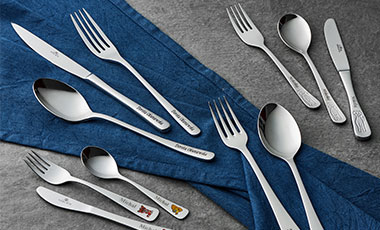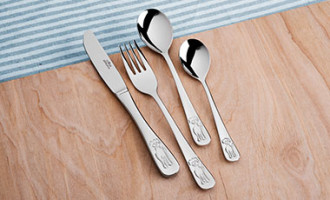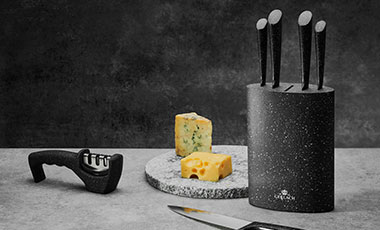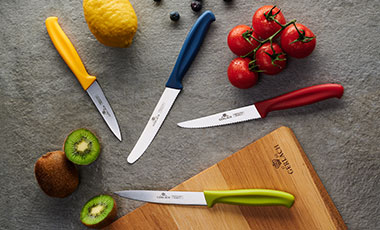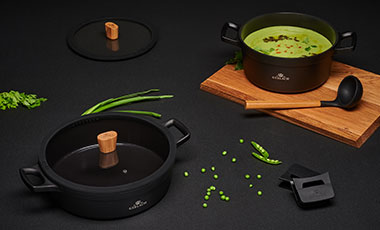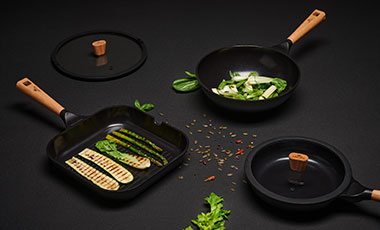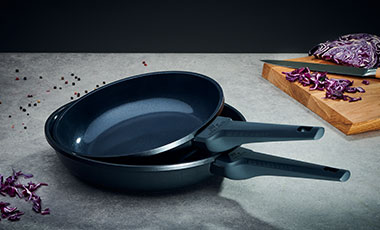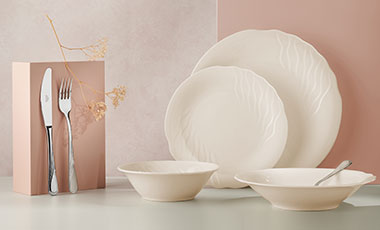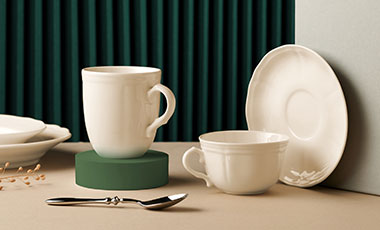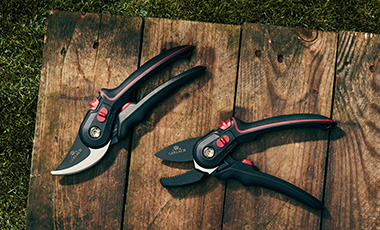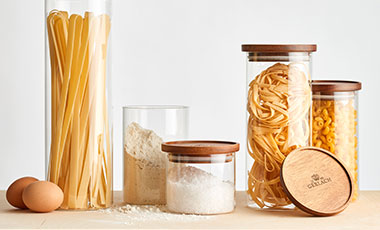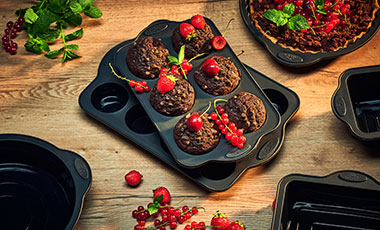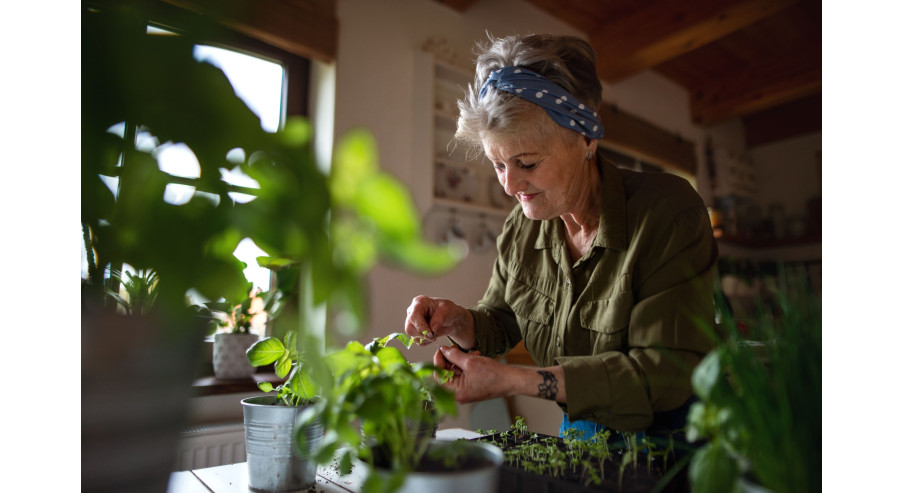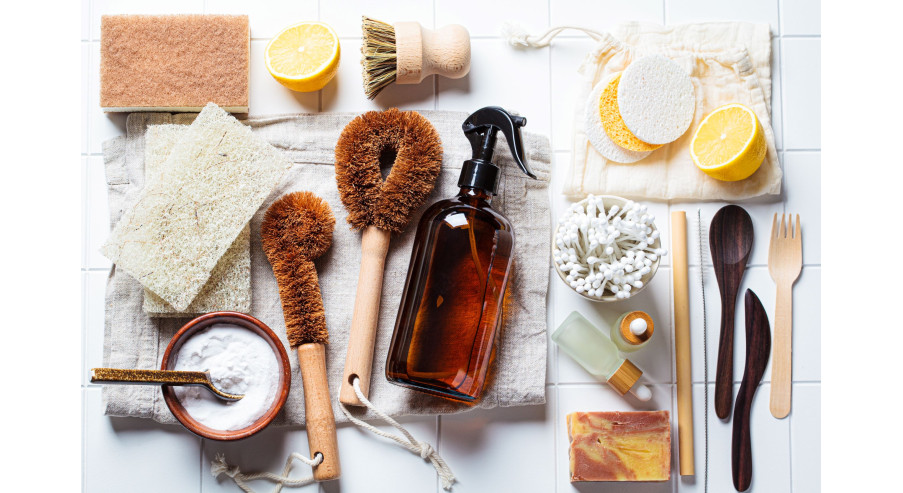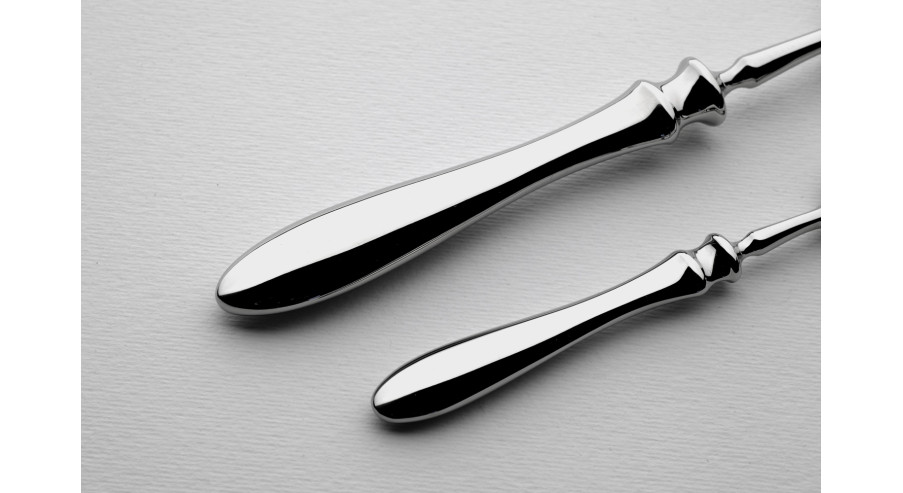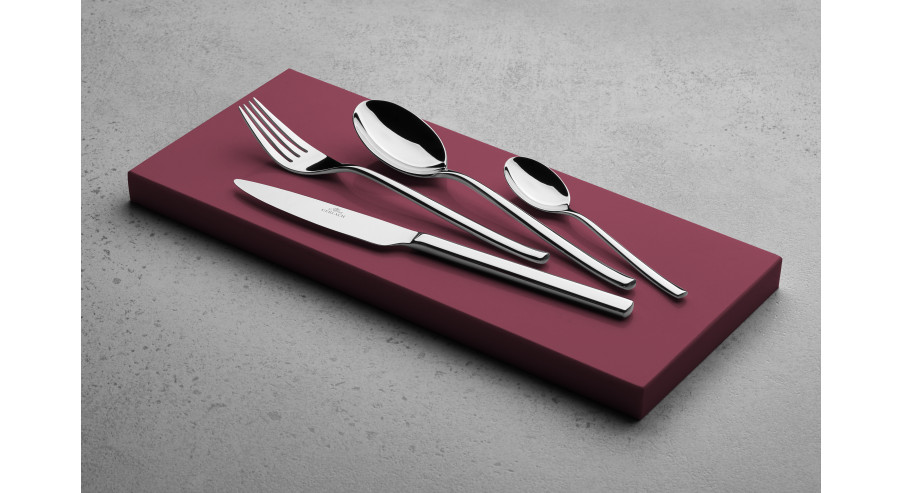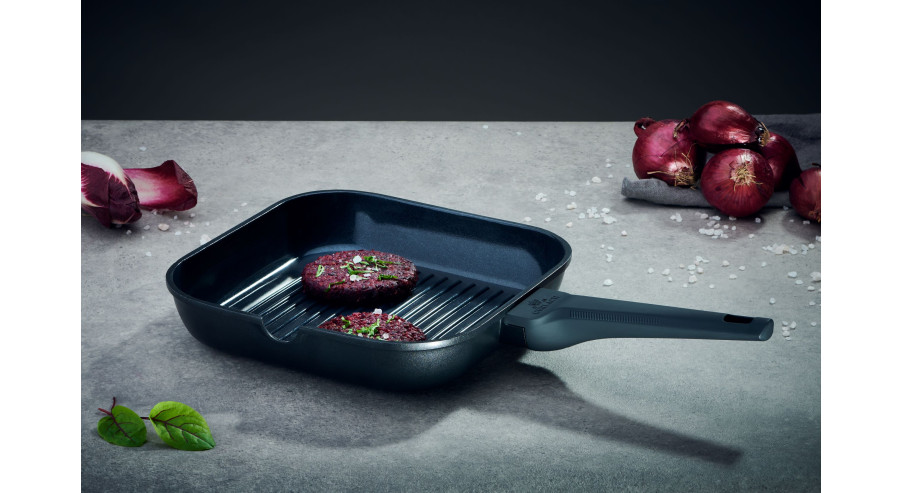Herbs are the great source of flavors and aroma that can be available at our fingertips due to the home cultivation. Below, we have collected all the most important information regarding harvesting, drying and storage of herbs to help you to take the best what nature offers you every day.
Herbs harvesting basics
The rules for harvesting herbs grown at home and in the garden are slightly different. We harvest the herbs grown outdoors usually before or just after their bloom. The herbs grown at home will be harvested more often - just when we need them for the food preparation. That is why we must remember about some important rules of harvesting. Above all, don’t disturb the natural growth of plants. What does it mean in practice? For example, when picking up the leaves of herbs growing in clumps, choose those herbs outside a clump – it will allow a plant to stimulate the growth of new shoots from the center of a clump. If we collect herbs with twigs, for example marjoram, oregano, or basil, try to collect the largest and usually darkest leaves which have already grown and are fully formed. In addition, choose leaves from different parts of a plant as it will not weaken them. Don’t pull herbs too hard, just gently pick their leaves. Instead of picking, you can also kitchen shears use with sharp blades for harvesting herbs.
How to dry herbs?
If we decide to collect all the leaves at once, and then freeze or dry them, remember to do it right after harvesting because the cut herbs quickly lose their taste and aroma. You can dry herbs in several ways: binding in bouquets and hanging, putting on baking paper in a warm, sunny and dry place or drying in the oven. If you’ve chosen the last option, set the lowest temperature in the oven, switch on the air flow function, put the herbs on baking paper and leave them in the oven for a few hours, preferably with the half-open door. Dry always just one type of herb in the oven so aromas will not mix together.
How to store herbs?
Dried herbs can be enclosed in ceramic or glass containers that will protect the herbs from moisture. In case of glass containers, remember to store them in dark places, because the sun's rays will cause the quick loss of flavor and aroma of herbs.
If you decide to freeze herbs, put them in plastic bags. On each of a bag, write down the name of herb which is inside.
If you plan to keep herbs in the freezer for a long time, it is good to blanch them before freezing. To blanch the leaves, immerse them in boiling water and cool in ice water with the addition of ice cubes. Finally, thoroughly dry and freeze them. cooking vessels are the best way to bring a new quality of eating to your life.

